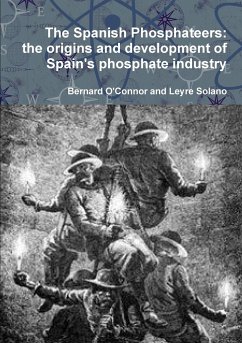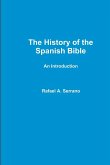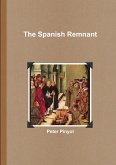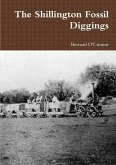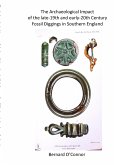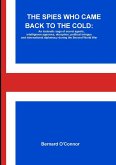In 1843, an Oxford University professor reported to British academics and agriculturalists on a deposit of phosphorite he had visited in Logrosan, Extremadura, Spain. A mineral much in demand by manure manufacturers, once crushed, it was dissolved in sulphuric acid to produce superphosphate, the world's first artifical chemical manure. Once the railway between Madrid and Lisbon was constructed in the 1860s, the industry took off. Although competition from cheaper overseas phosphates caused many of the phosphate companies to go out of business in the 1890s, demand from Spanish superphosphate manufacturers ensured the industry's survival until the mid-1900s. Today, with the assistance of EU funding, a number of these mines have been developed as tourist attractions as part of Spain's geo-mining heritage. Bernard O'Connor and Leyre Solano's book investigates the origins, development and eventual decline of the Spanish phosphate industry.
Hinweis: Dieser Artikel kann nur an eine deutsche Lieferadresse ausgeliefert werden.
Hinweis: Dieser Artikel kann nur an eine deutsche Lieferadresse ausgeliefert werden.

